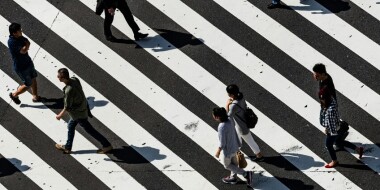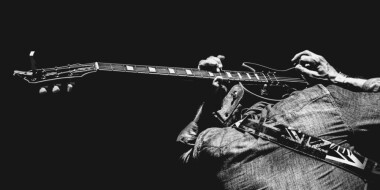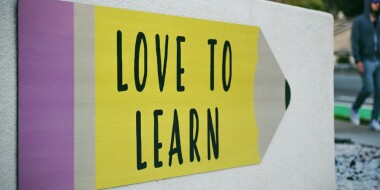Theatre exerts a great influence on people and society in general. Its history can be traced back to the 6th Century B.C. where the Ancient Greeks were the first to present dramatic presentations. Even 2500 years later, people continue visiting different performances and theatre stays one of the popular forms of entertainment.
During the prolonged COVID lockdown theatres have harnessed technology to keep their audiences engaged. It can be a great topic for English lessons. Here are some ideas that will help to practice your students’ speaking and reading skills and enlarge their vocabulary.
Task 1: Warm-up
Ask students to look at the pictures and name them.

Key:
different types of art: painting, composing music, sculpture, photography, theatre, cinema, writing, jewelry making, printmaking.
Then discuss the questions:
What is your favorite type of art? Why?
Which of these activities is interesting for you? Would you like to do any of them? Which? Why?
- Going to a film premiere
- Taking part in the Night of Museums
- Enjoying a theatre play
- Engaging in the pottery
- Clubbing all night long
Task 2: Lead-in
Ask students to look at the picture and say what it is. Elicit that it is a theatre performance. Then students try to describe the picture. They can say what century they think it represents, what is happening in this scene, etc.
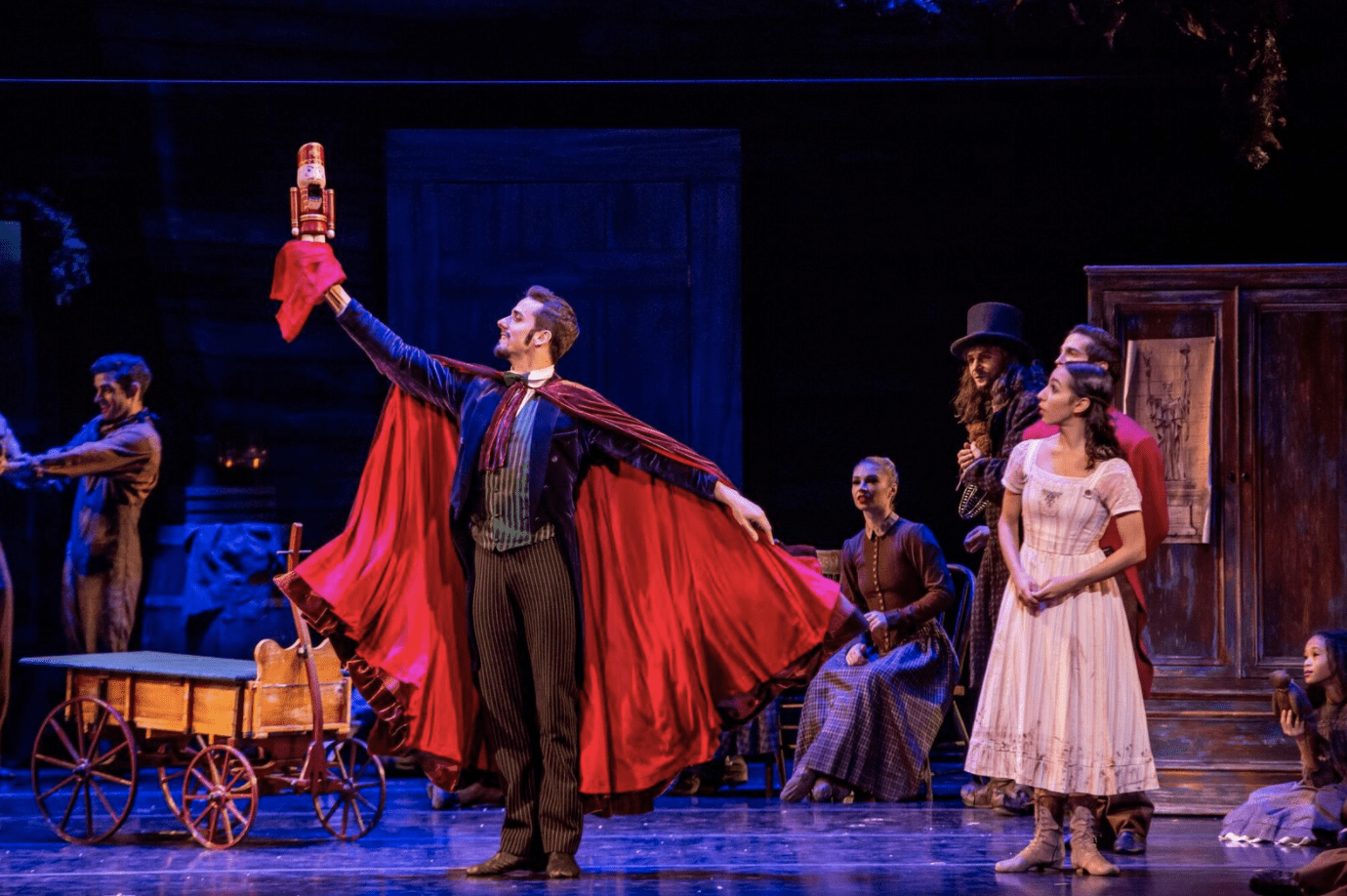
Key: The Nutcracker
Task 3: Matching
Next, learn essential vocabulary to talk about theatres. Ask students to match the words with the pictures and then give their definitions.


- stage
- curtain call
- greenroom
- dress rehearsal
- play
- greasepaint
- playbill
- script
Key: 1 – h; 2 – d; 3 – c; 4 – a; 5 – b; 6 – f; 7 – g; 8 — e
After checking the answers, ask students to imagine that they are architects and you are a philanthropist. They must present you the project of the theatre using the words from this task and try to persuade you to fund it.
Task 4: Theatres
If you want to check students’ knowledge about theatres, discuss these questions:
- Can you name the most popular theatres in your country/in the world?
- Look at the pictures. Do you recognize any of the buildings?

Key:
The Bolshoi Theatre, Moscow, Russia
The Sydney Opera House, Sydney, Australia
The Globe Theatre, London, England
La Scala de Milan, Milan, Italy
Then ask how many types of theatre they know. Open the article about the types of theatre stages and auditoria and ask to read and tell which one they like and why.
To practice the vocabulary from the task above, ask students to take a virtual tour and show you different parts of the theatre. You can say “Show me the stage”.
The Bolshoi Theatre virtual tour.
The Globe Theatre virtual tour.
La Scala de Milan virtual tour.
Task 5: Role-play
Before the lesson choose a few dialogues from famous plays. Before the role-play ask the following questions:
- Do you think being an actor is difficult? Why (not)?
- What is the most important thing in this profession?
- What famous playwrights and plays do you know?
- Do you remember any lines from plays?
Then give out dialogues from old but famous plays. Ask to change the words and upgrade them in a funny way.
For example, the famous lines from “Hamlet”: “To be or not to be, that is the question.”
Upgraded version:
Man: What is the matter, my lord?
Hamlet: To marry, or not to marry: that is the question.
Man: I suggest that you: “Run, Forrest, run!”.
Hamlet: You’re right. I’m too fat. It’s time for sport.
Task 6: The future of the theatre
Discuss the following questions:
- How often do you go to the theatre? Do you like it?
- What was the last performance you attended?
- Does the theatre have a future?
Then students read the statements and express whether they agree or disagree with them.
Theatre is too boring! Why do we need it if there are other options like cinemas and a Netflix subscription?
The future of theatre is in the digital world.
Watch the video till 0:57 and ask students if they have ever seen such performances as in the video. Ask the following question:
What will happen to the theatre in 50 years? Why?
Task 7: Theatre at the cinema
Ask to look at the picture and answer what kind of theatre it is. Elicit that it is “a theatre at the cinema” and have students think what it may mean. Ask if they have ever watched a theatre performance online.
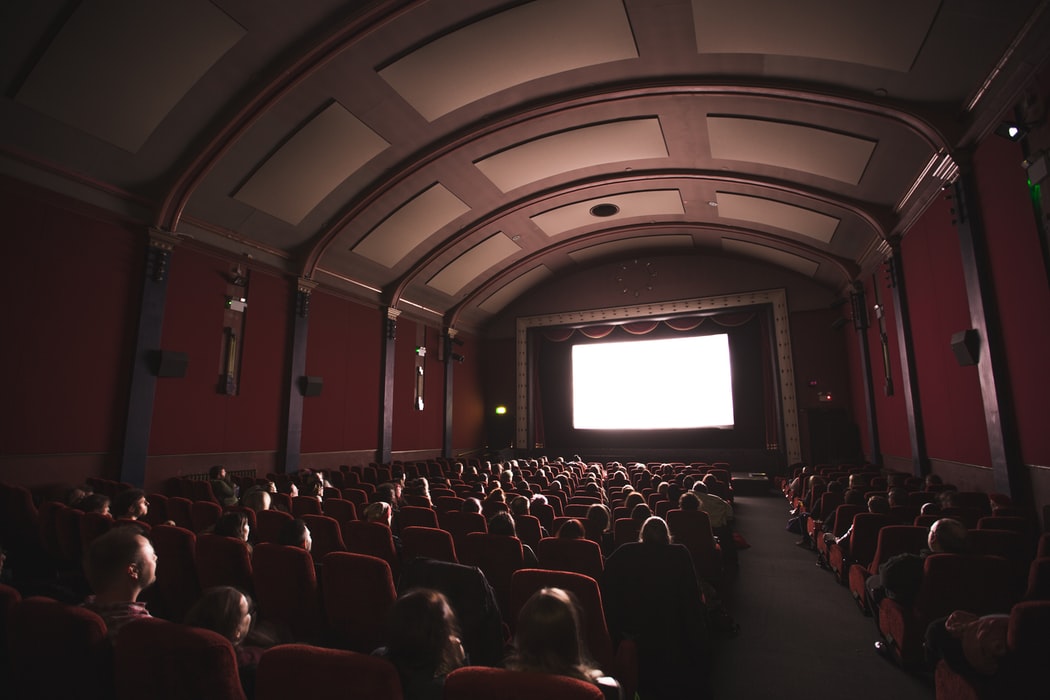
Play the trailer of “Hamlet” with Benedict Cumberbatch. Ask the following questions:
- How is it different from a movie?
- Do you find this play interesting and modern? Why?
- Would you like to see it?
If they are interested, send them the full version of the play.
Tell students that there are a few websites where people can buy tickets and enjoy the performance they like. One of them is the National Theatre Live. Go to its page and research to see how this kind of plays is made and discuss it with your students.
The role of theatre is expansive and as with any other visual media of entertainment, it is an excellent and much more direct form of questioning what is felt wrong with society. It shapes the perspective of many people just as with any other medium and is a very good means of entertainment as well.



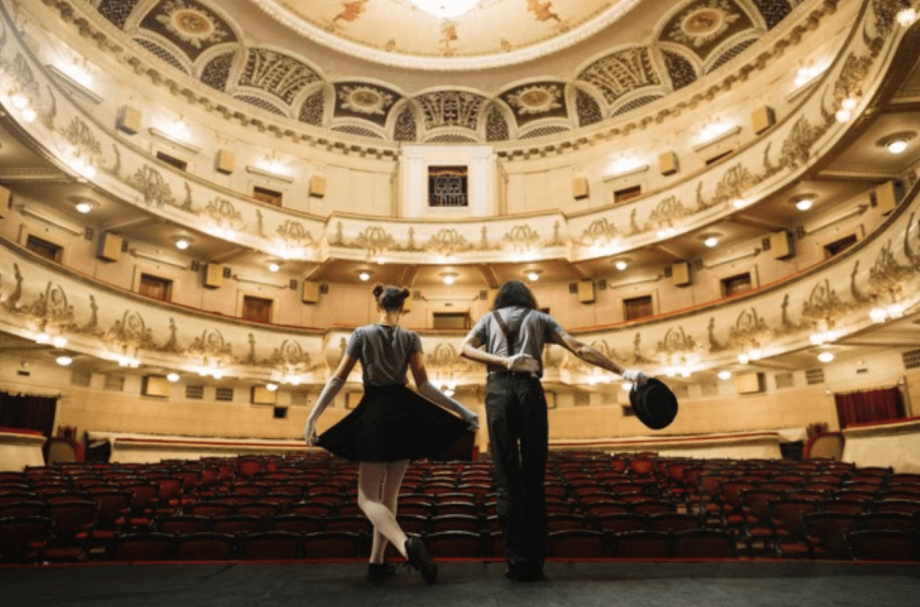


 Олеся Яресько
Олеся Яресько 
 Диляра Биктагирова
Диляра Биктагирова 